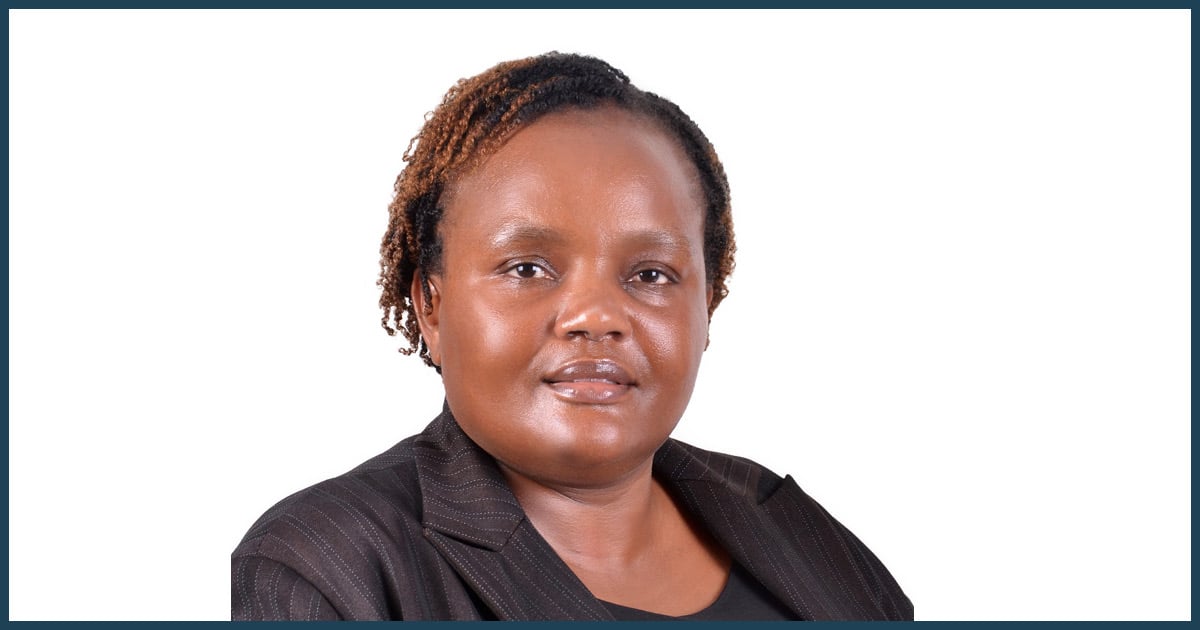On behalf of Sida, LIFE Academy has been implementing a Global Capacity Development Programme on Renewable Energy, targeting Ethiopia, Kenya, Mozambique, Rwanda, Tanzania, Uganda, Zambia, and Zimbabwe. The last programme was completed earlier this year out of the four programme cohorts between 2018-2024. We have interviewed four of the programme participants to learn more about the participant’s experience of the programme. In the following interview we hear from Anne Kiburi from the Renewable Energy Programme (REP) 1.
Name: Anne Kiburi
Country: Kenya
Position: Senior Energy Specialist
Organisation: Sustainable Energy for All
Position and Organisation during the programme: Senior Economist and PPP at Kenya Electricity Generating Company, Business Development Division, Capital Planning Department
Programme: REP 1
Anne Kiburi’s key learning from the programme is to identify needs and coming up with project ideas that meet the needs. This key learning is something Anne has used a lot after the programme in everything she has been doing since. The key learning is based on the Change Project work that was carried out during the programme where the Country Team identified the country’s needs and came up with a project to meet those needs. She explains the process of defining objectives of the project, the outcome, the effects, and the impact. Anne also mentions networking skills as a key learning for her, a skill that grew throughout various sessions during the programme.
The Change Project was not only a common thread throughout the programme, but also in the interview with Anne, clearly being her number one favourite part of the programme.
“My favourite part of the programme was the development the Change Project because we were working as a Country Team. At times it was challenging, but it helped us to really build a team spirit and to be able to identify each other’s strengths and be able to work together for the common good.”
– Says Anne Kiburi

The Change Project of Kenya Team REP 1 was development of an energy storage framework and ancillary services to be able to support the integration of more renewables into the grid, mainly focusing on having storage deployment within the grid. Anne explains that the Change Project was a great success story, and the mix of expertise and various organisation representation was the key to its success. She also shares that they have been able to have the World Bank coming in to support a study about battery storage in Kenya. This study was completed in October 2023 and now the World Bank has also committed to supporting the first grid connected battery storage through the generation utility KenGen (where Anne was working).
Anne is very grateful for the programme since it has really contributed a lot to her career growth as well as personal growth. She concludes the interview by describing the value of the programme in her country.
“Every Change Project that has been implemented is a step in the right direction for that country (…). Now we are seeing the success story of our collaboration and that is going to make a big difference in our country.”
– Says Anne
